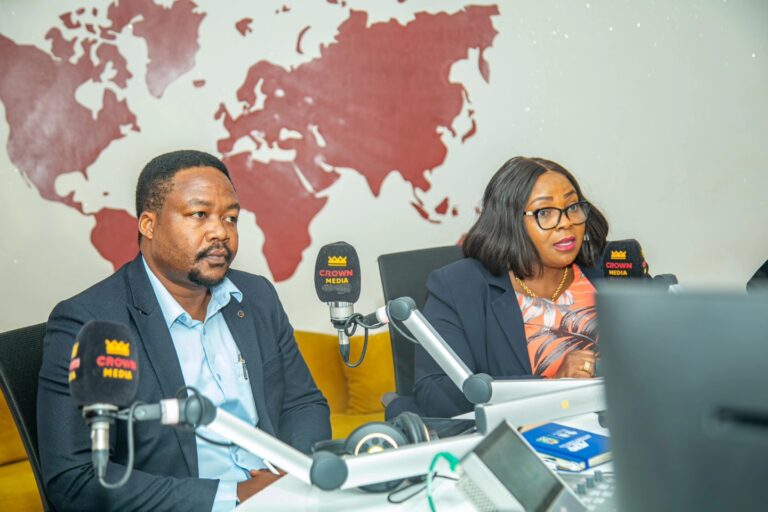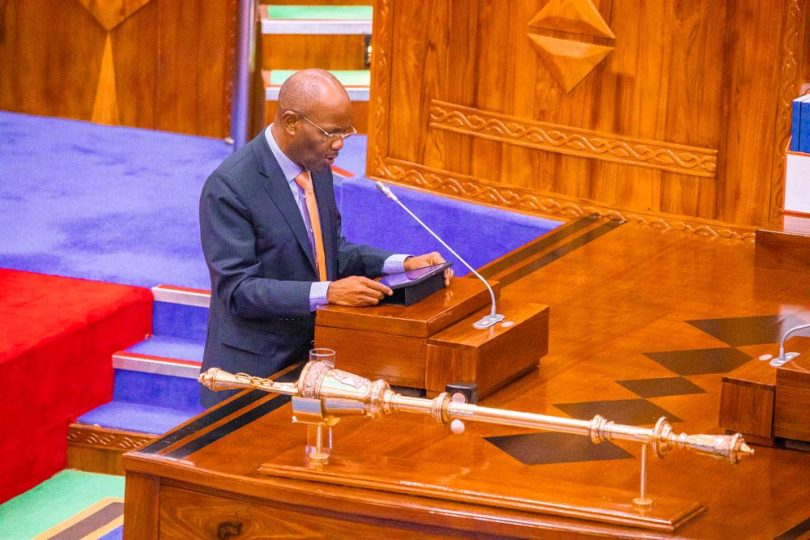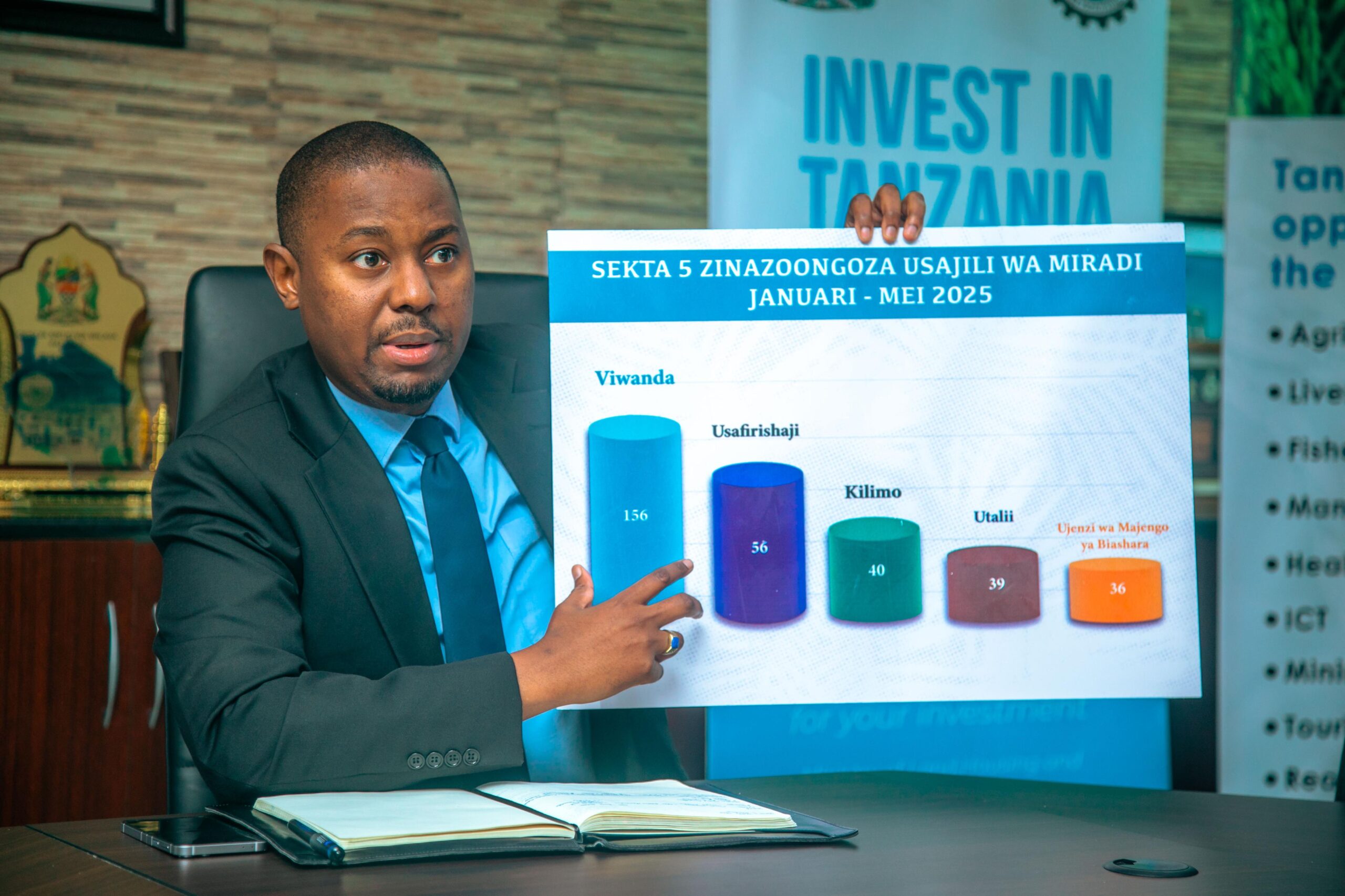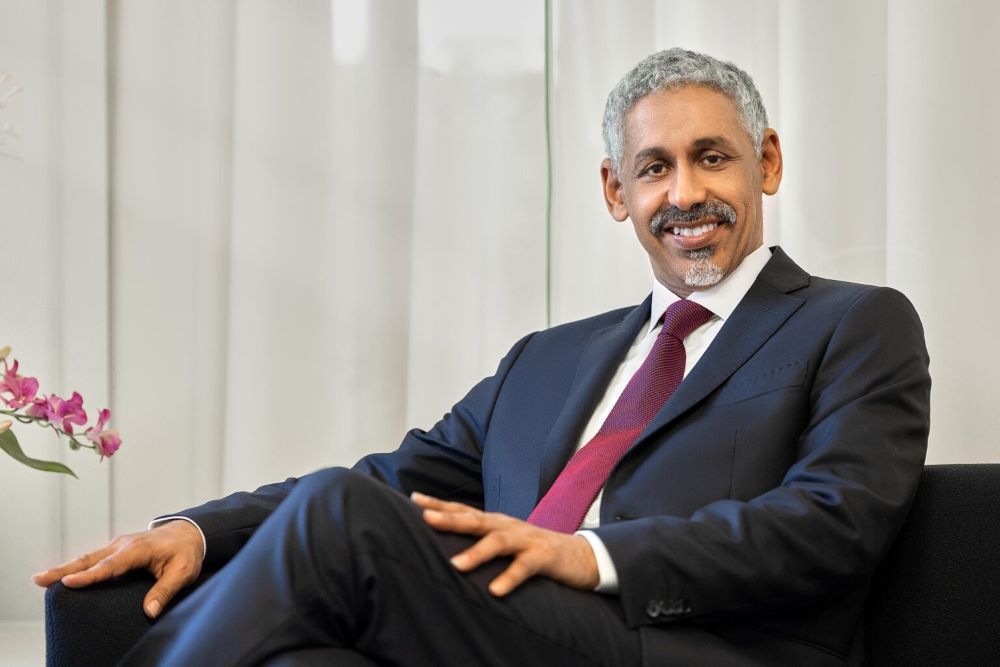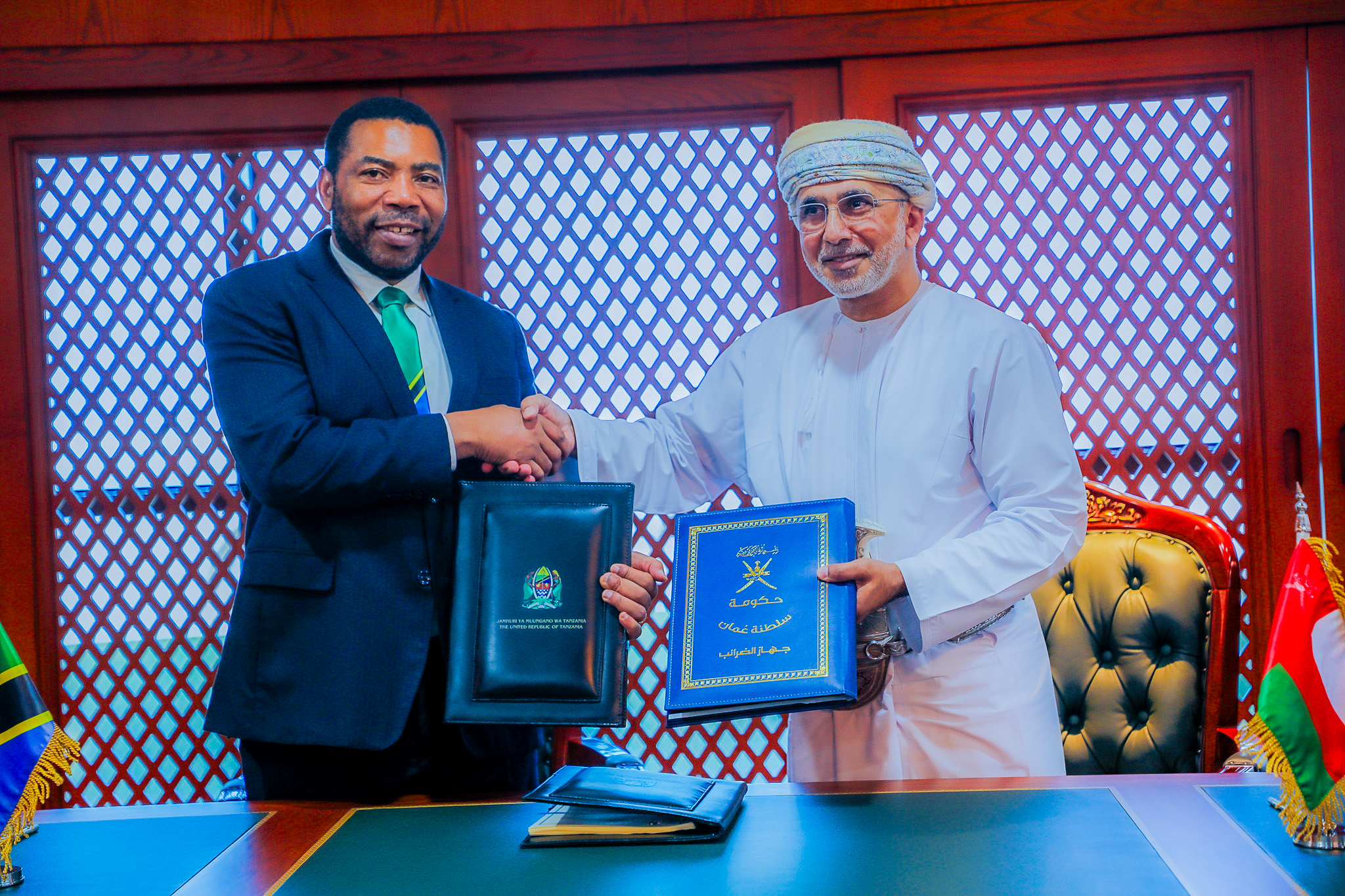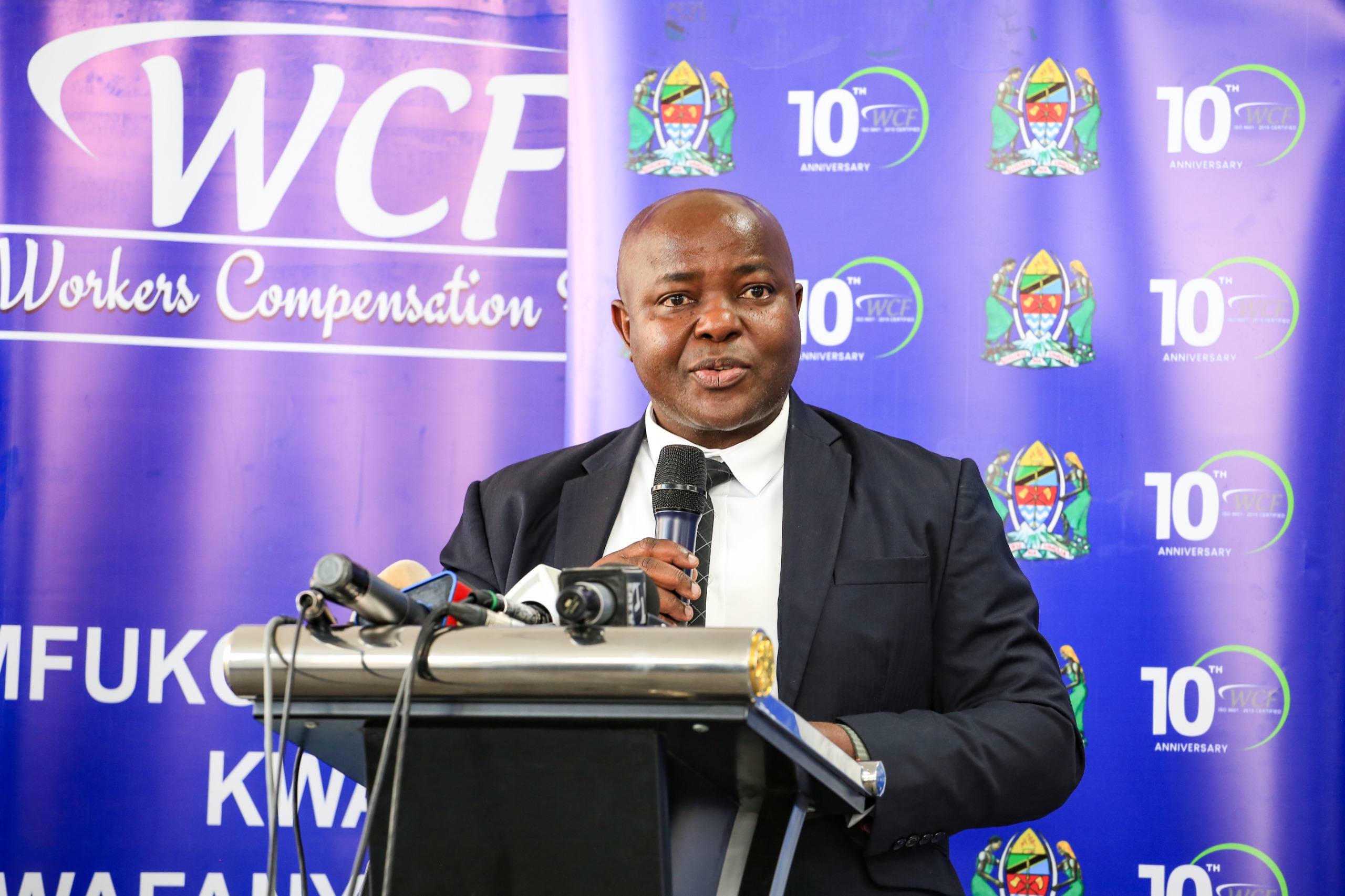Dar es Salaam. The government has said that the National Clean Cooking Energy Strategy is accelerating the adoption of clean energy solutions across the country, with a strong focus on protecting public health, conserving forests and opening new economic opportunities through investment in clean cooking technologies.
Speaking on a Radio Talk Show this week the Acting Head of the Clean Cooking Energy Unit at the Ministry of Energy, Mr Mgejwa Ngereja, said the strategy is designed to reduce respiratory illnesses caused by smoke, curb deforestation and promote sustainable energy options.
As part of the ongoing implementation, he said the country is also aligning with global commitments aimed at combating climate change by reducing carbon emissions.
“Our aspiration is for at least 80 per cent of Tanzanians to use clean cooking energy by 2034,” Mr Ngereja said.
He explained that the rollout of the strategy involves both the public and private sectors.
Available clean energy options include electricity, liquefied petroleum gas (LPG), processed charcoal, improved cookstoves, biogas derived from animal waste, bioethanol from agricultural residue, particularly sugar and grain by-products, and solar-powered cookstoves.
Meanwhile, the Acting Head of Government Communication, Ms Neema Mbuja, said the National Clean Cooking Energy Communication Strategy is central to ensuring the national goals of expanding access to safe, environmentally friendly cooking energy are achieved.
She said the communication strategy is derived from the broader National Clean Cooking Energy Strategy, noting that its purpose is to educate and enable citizens to make informed choices about clean cooking alternatives.
“Information is being shared through multiple platforms, including radio, television, social media and public exhibitions,” Ms Mbuja said.
She added that tailored training is being provided to community leaders, journalists and digital influencers to strengthen public awareness, while commending media outlets and reporters for their cooperation in advancing the campaign.

